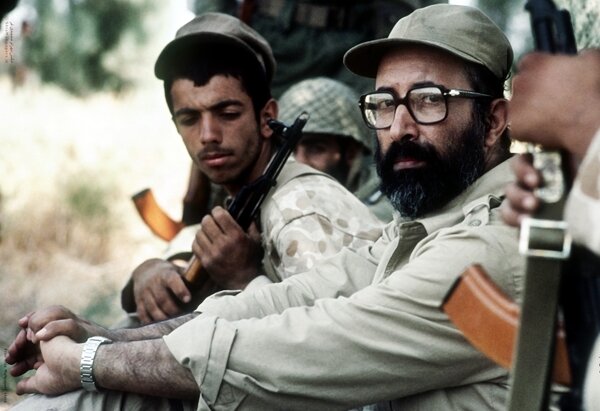‘Martyr Mostafa Chamran would have stood up for justice, against racism’

TEHRAN – Martyr Mostafa Chamran would have stood up for justice and against acts of racism which have recently occurred in different parts of the world, as he could never forget what the occupying regime had done to the Palestinian people, said Mehdi Chamran, the brother of Martyr Mostafa Chamran and the former chairman of Tehran City Council, in an exclusive interview with the Tehran Times on Friday.
Referring to the countries who pretend to condemn acts of racism and show justice, he said that Martyr Chamran never forgot what the occupying regime had done to the Palestinian people, even when he turned back to the country he has been always thinking about such cruelties.
Describing racism as a scourge perpetuated over centuries in parts of the world, he noted that even during the time he was studying in the United States, there have been aggressive actions against him by political or religious extremists.
“I think if he was among us and witnessed acts of police brutality and racism in the U.S., he would have stepped up and acted to help end systemic racism against people of African descent and other minority groups in the United States,” he stated.
Highlighting the historic role of Martyr Chamran in struggles against racism, he said that he would have tried to organize the civil rights movement in the United States, and taken steps to eradicate racism.
June 20 marked the 39th martyrdom anniversary of professor-commander Mostafa Chamran, the ?rst Iranian defense minister after the 1979 Islamic Revolution.
Born in 1932, Chamran was a member of parliament, as well as the commander of paramilitary volunteers during the Iraq–Iran War (1980-1988 ). Chamran left his academic career as a scientist and professor at the University of California, Berkeley to help Islamic movements in Palestine, Lebanon, and Egypt.
He was also instrumental in the struggles leading to the victory of the Islamic Revolution in Iran. Chamran died on June 20 1981 after being hit by shrapnel shells in Dehlavieh, a region in Iran’s southern Khuzestan Province during the 1980-1988 Iraqi imposed war on Iran.
FB/MG
